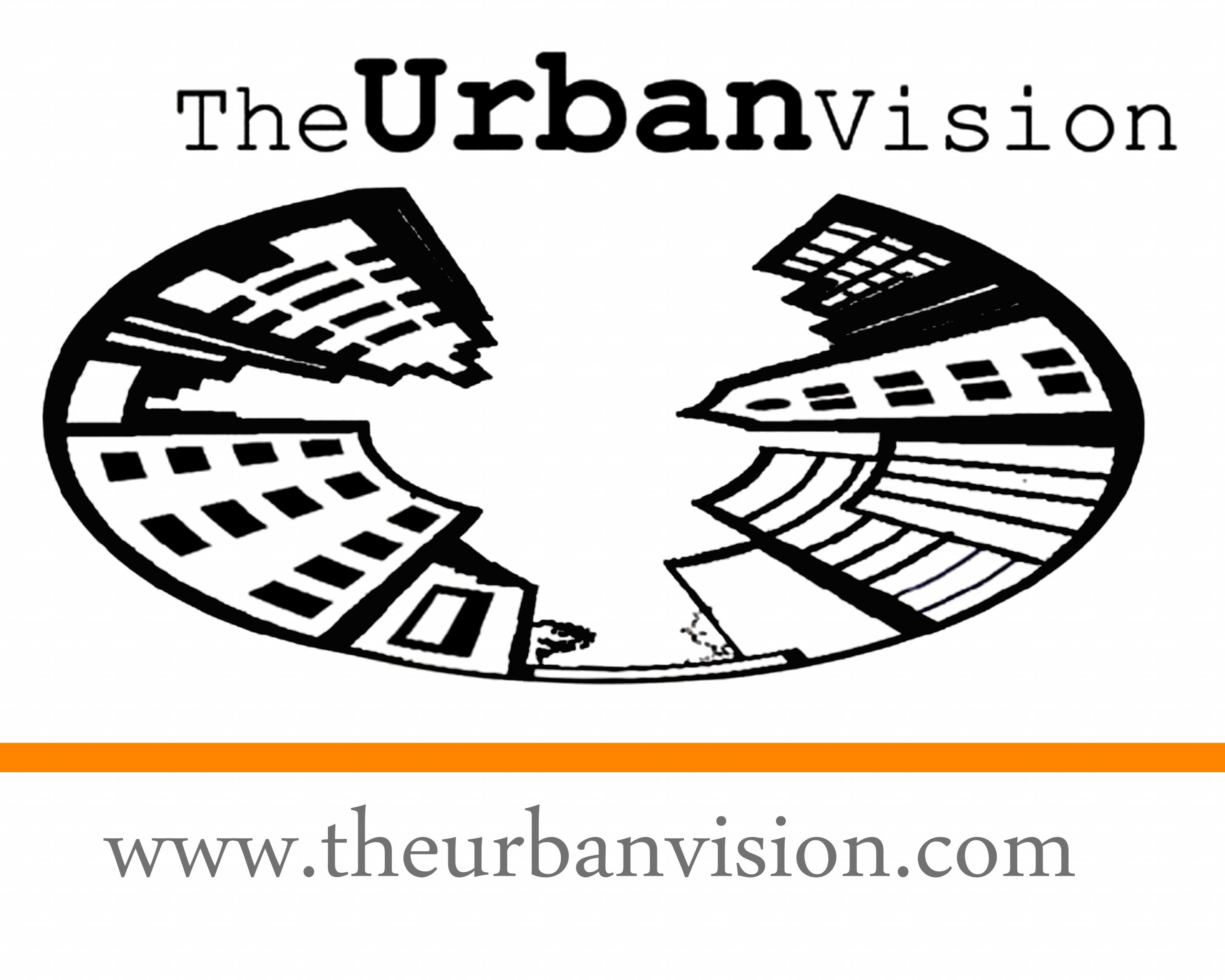photo credit: zedvox
Would you betray your own race?
If you watched the latest James Cameron blockbuster movie “Avatar” and were passionately backing the alien’s cause; then you have just become a “race traitor”.
The movie depicts human civilization as a group that is evil and greedy who destroy the environment without any consideration while the aliens live in perfect ecological harmony with their natural environment.
The Pandorans might be a figment of Cameron’s wild Imagination but in many ways the depiction of human civilization is almost bang on in the movie. Practically all of Earth’s ecosystems have now been destroyed or severely altered through human activities. According to the World Conservation Union ,784 extinctions have been recorded since the year 1500 (to the year 2004). At this point, The loss of global biological diversity is advancing at an extraordinary pace. According to some estimates, up to 150 species are becoming extinct every day. The Inter-governmental Panel on Climate Change (IPCC 2007b) has also predicted that if temperature increases exceed 1.5-2.5°C, 20-30% of plant and animal species assessed are likely to be at risk of extinction.
Earth as we know it might vanish. Our children and grand children might only be able to see plants and animals that make our world so special in videos and pictures in the future.
But will bio-diversity loss really affect us?
Yes. It will.
Scientists say that Biodiversity loss might in the end threaten the very existence of human civilization. Biological diversity is crucial for the life on our planet. Earth is more than just a home for 6.7 billion human beings. Today we often act in a way that assumes that earth is home only to humans. This attitude is going to threaten our very survival.
The earth’s ecosystem provides for and affects the food we eat, the air we breathe and the water we drink. A diversity of animals , plants and other organisms perform critical ecosystems functions like distribute clean water to streams and rivers, hold soils together, maintain soil fertility, cycle nutrients, and shield humanity against harsh weathers conditions , pests and diseases. If we carry on losing biodiversity – Our children and grand children will have to deal with starvation, thirst, disease and calamity.
Bio Diversity loss is also intrinsically linked to one of the other great threats that humanity is facing – climate change. Our Ecosystems help in tackling climate change through carbon storage and climate regulation as well as shielding us from freak whether events associated with climate change. Climate change and temperature increases are also threatening existence of crucial ecosystems that are there to nurture and protect us.
Bio Diversity loss and Climate Change are fundamentally caused due to overexploitation of the natural capital. Both demand a radical policy response. In many ways, the ecological footprint of an individual is embedded in the way a city / town is built. You and I may aspire to live a sustainable life but the way the current social and economic structure functions might not allow us to. For instance, your ecological footprint will be dramatically higher , if the city that you live in doesn’t have a good mass transit that you could use; or if the apartment and office you worked in was fundamentally not ecologically friendly.
The cities we erect today have the potential to either lock the society into destructive over-consumption or allow its citizens to live within their fair share of the earth’s resources without giving up on a preferred lifestyle.
The solutions may not be easy to implement. But they do exist.
It is believed that with the current technology and systems, we could half our energy consumption, water use and the waste we produce. Real solutions are within our grasp and have the potential to create a path towards social, economic and environmental sustainability.
For instance, A citizen of Barcelona who either walks or uses mass-transit has a lower impact (an Ecological Footprint of 3-4) on the environment when compared to a citizen of Atlanta’s impact ( an Ecological Footprint of over 12) who has no option but to use an automobile even to run everyday errands. Policies should encourage and incentivize adoption of sustainable ideas. The land auction in UK’s largest eco-village called BedZED is a good model. It took into account the long term financial benefits while auctioning the land, even though conventional developers bid more for the site – the winning bid went to a developer with a eco development plan. The Feed-in Tariff used extensively in Germany is an incentive-led government legislation that encourages adoption of renewable energy.
But all these ideas require strong policy backing because these are ideas that are tough to implement and need support as they can often more expensive and work directly against the drivers of current economic development model (for example Cars or Oil) .
So even though we all recognize that Copenhagen was a failure. I am hopeful that leaders irrespective of the existence of an international treaty on reducing our carbon footprint will pursue policies that will allow us to reduce our impact on the planet.
Because even the strongest climate skeptics will have to concede the fact that the current model is not sustainable.
And if we continue to mindlessly pursue the current model – we will not just be betraying our race. We will be letting down our very own children and grandchildren.
